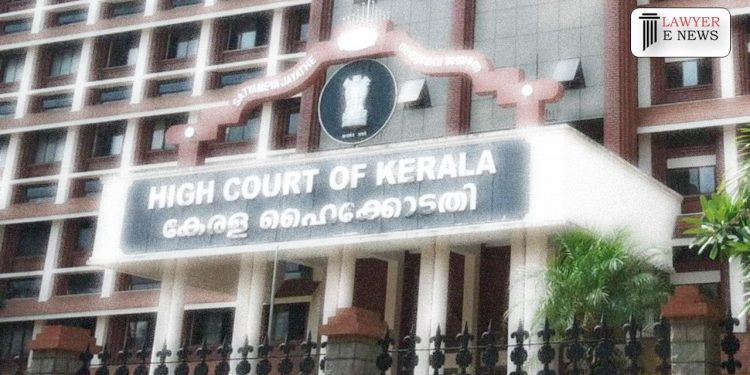-
by Admin
15 February 2026 5:35 AM



The High Court of Kerala, presided by Justice A. Muhamed Mustaque and Justice Shoba Annamma Eapen, delivered a significant judgment today in O.P.(CAT) No. 83 of 2016, reaffirming the Central Administrative Tribunal’s (CAT) decision that questioned the jurisdictional authority in examining the genuineness of educational qualifications certified by statutory bodies.
When a Statutory Council Accords Registration, It Has To Be Presumed That All Acts Have Been Done In Compliance With The Rules
Legal Framework and Preliminary Facts:
The core legal question in this petition was whether the CAT could adjudicate on the authenticity of the qualifications required for the post of Staff Nurse under the Lakshadweep Administration. The qualifications in question were registrations given by the Kerala Nurses and Midwives Council and the Tamil Nadu Nurses and Midwives Council, which are statutory bodies. The dispute emerged over the selection of respondents 3 and 4 based on allegedly inauthentic certificates.
Detailed Court Assessment:
Jurisdiction and Authority of CAT: The High Court pointed out that the CAT correctly dismissed the challenge on its jurisdiction, as Section 14 of the Administrative Tribunals Act, 1985 limits its purview. The court noted, “The Tribunal cannot entertain a direct challenge against the validity of the certificates issued by statutory councils as it does not fall within the jurisdiction, powers, and authority under the Act.”
Presumption of Regularity: The judgment emphasized that when a statutory council like the Kerala Nurses and Midwives Council or the Tamil Nadu Nurses and Midwives Council issues a registration, it must be presumed that all procedures align with the governing rules. Justice Mustaque highlighted, “As rightly noted by the Tribunal, it cannot entertain a direct challenge as against the validity of the certificate; such a dispute will not fall within the jurisdiction.”
Distinction in Challenges: The High Court further delineated between direct and collateral challenges to the qualifications in recruitment processes. The current case constituted a direct challenge, which was outside the scope of the CAT’s jurisdiction as it pertained directly to the issuance of certificates by the councils rather than the recruitment process itself.
Submission of Qualifications: Addressing another challenge about the submission of qualifications past the notified cutoff date, the court found no violations, as the notification only required copies attached with the application and not the originals.
Decision: Upholding the decision of the Tribunal, the High Court dismissed the original petition, confirming that the genuineness of the certificates issued by statutory authorities could not be directly challenged in the CAT.
Date of Decision: February 21, 2024.
FayazKhan H.K. & Anr. Vs. The Director of Medical & Health Services, Kavaratti & Ors.,
